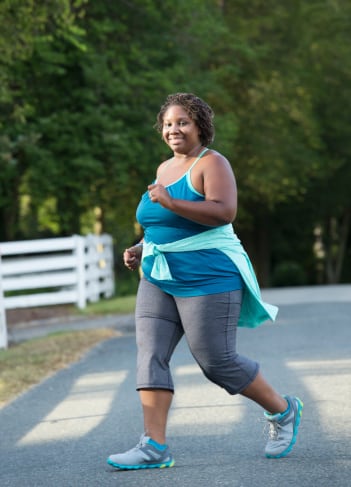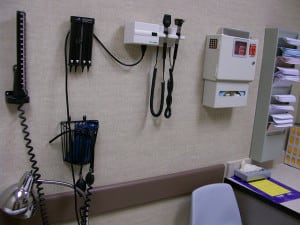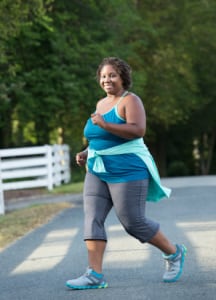Is Your Doctor Racist?
The answer may be “yes,” and it could affect your health. The first worldwide review exploring attitudes about interpersonal racism among health-care providers found that nonwhite patients in the United States may encounter discrimination in one-on-one interactions with physicians, nurses and other health-care professionals.
Dr. Naomi Priest and Mandy Truong, M.P.H., from the University of Melbourne worked with Yin Paradies, a professor at Deakin University in Australia, to analyze 37 studies of racism among health-care providers published between 1995 and 2012. Most of the studies were conducted in the United States. They wrote about their results for the University of Melbourne in early May.
“Twenty-six of 37 studies show evidence of racist beliefs, attitudes and practices among health-care providers,” Truong reported. The study builds on previous research showing racial bias among medical professionals in virtually every specialty, including gynecology and psychiatry.
The team found that providers “had less positive perceptions about black patients in relation to level of intelligence and compliance with medical advice. Doctors also showed an implicit preference for white Americans relative to black Americans,” she added.
The team wrote: “The review provided evidence that health-care provider racism exists, and demonstrated a need for more sophisticated approaches to assessing and monitoring it.” They called for greater education about the impact of bias and suggested that provider racism contributes to health disparities.
Protecting Yourself
For patients, the most important question is how do you stop provider discrimination from having an impact on your health. The answer is become a highly educated and empowered patient.
1. Always seek the best care. Do not let a fear of provider bias keep you from seeking treatment from the most qualified physician available. If you suspect discrimination, promptly report it to your state medical board.
2. Become an expert. You cannot be denied the best care if you are aware of what you need. Make sure you know your family health risks. Keep careful records of any symptoms if you are ill.
If you have a diagnosis, learn everything you can about the latest, most effective and safest treatments for your condition and discuss them with your doctor. If you are not comfortable with the doctor’s response, get a second or third opinion or switch physicians.The Mayo Clinic diseases and condition Web page is a credible, easy-to-use source of medical information. Government websites are more difficult to navigate, but worth the trouble. The Office of Minority Health directory of conditions is excellent.
3. Don’t miss out on research. In some cases, there may be a clinical trial ramping up that may give you access to the latest treatments. Black women often miss these opportunities because we are ignored when study participants are recruited. Visit ClinicalTrials.gov to find out if you qualify for a trial related to your health issues. The site is easy to search and contacts are listed for each study.
4. Demand respect. Expect the same high quality of treatment from physicians, nurses and other providers that you would require from any other person. You would not tolerate shoddy treatment from a co-worker or customer service person, so don’t accept it in a health-care setting. Remember, you are the consumer. Your health may depend on it.
Have an ‘Exercise Snack’ to Control Blood Sugar
Got a couple of minutes? Take a brisk walk. A small study suggests it can help you manage your blood sugar if you are diabetic (one in four black women over 55 has diabetes) or pre-diabetic.
Short — roughly 10 minutes — bursts of intense exercise, such as walking uphill or on a treadmill at relatively high speed, done 30 minutes before eating, increased insulin resistance in study subjects better than a moderate, 30-minute workout.
Yes, You Still Need a Pap Smear
Cervical cancer rates are higher than previously reported, especially among older black women, according to new research published in the journal Cancer, a publication of the American Cancer Society.
Scientists from the University of Maryland School of Medicine corrected an error in the research used to establish the current cervical cancer screening guidelines (the studies included women who had undergone hysterectomies) and found that the rate among women ages 65–69 was 84 percent higher than expected.
The rate among black women in that age group was 53 cases per 100,000, higher than other groups. But they also found a higher cervical cancer rate than expected among African-American women of all ages.
The new study results show that women are at risk for cervical cancer throughout their lives and need to continue getting Pap smears after age 65 — a change in the current guidelines.
The bottom line: Cervical cancer is easily treated and cured when caught early. Keep up with your annual Pap exams.










